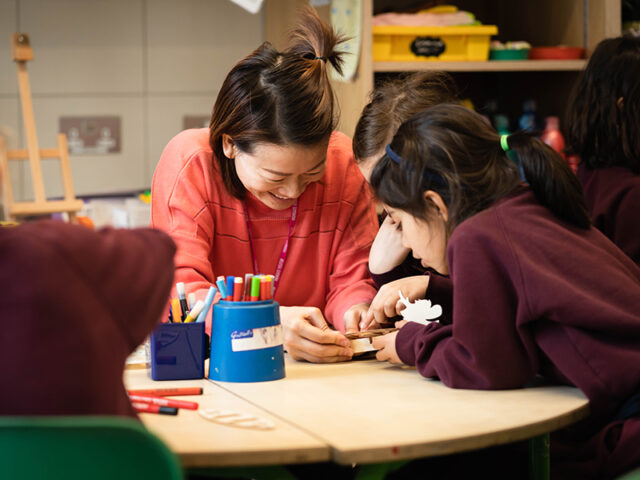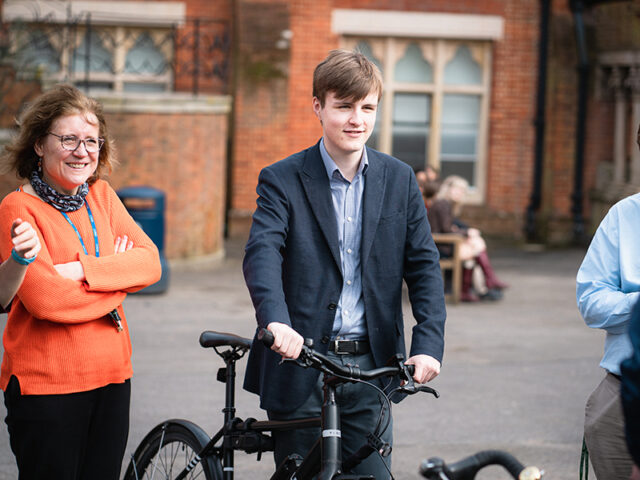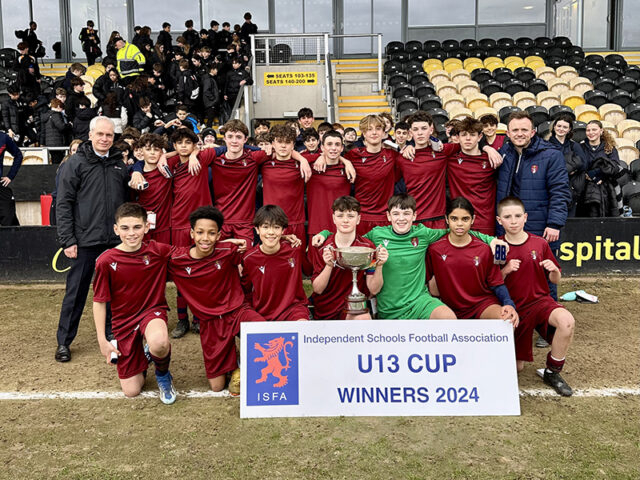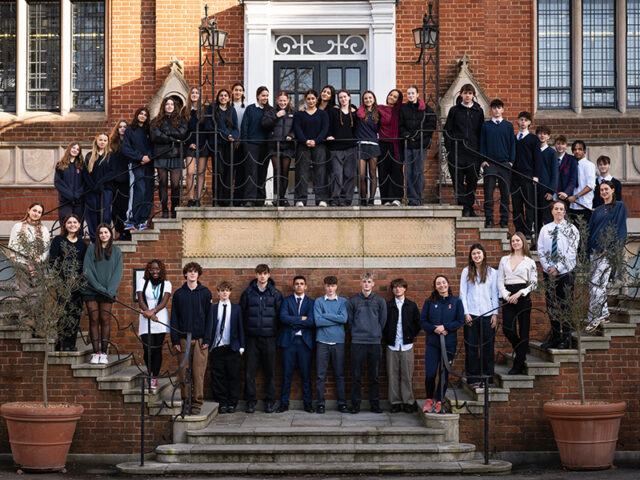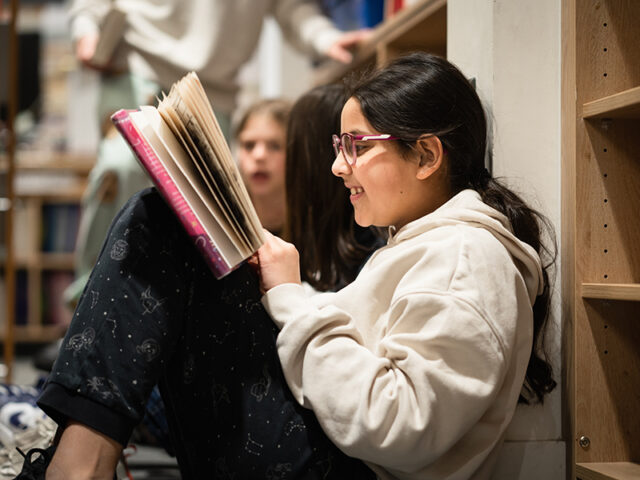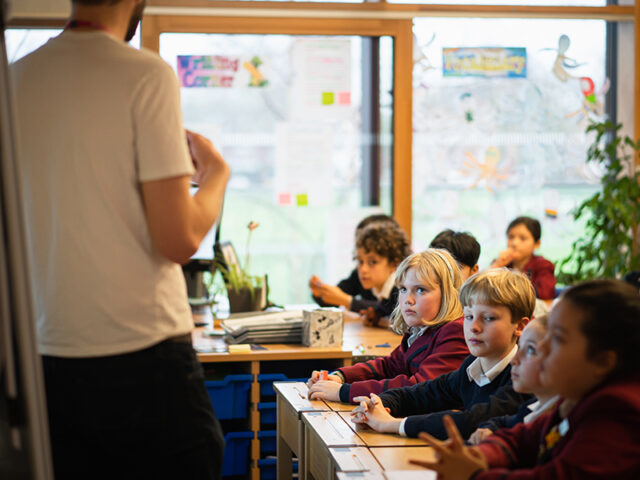With rising levels of CO2, immense plastic consumption and a rapidly deteriorating natural world, it is no surprise that our students are intent on actively making a difference.
On the 16th of September 2019, the Environment Committee – led by passionate sixth formers and Geography teacher Miss Sarah Mynott – hosted an Environmental Sustainability conference, predominantly focusing on how the younger generation can play their part in combating the looming environmental crisis.
Bea Twentyman, one of the Committee leaders says: “We’re really excited to gather other students together and work as a team to reduce the impact of many of our daily habits that can cause long term harm to the environment. Whether that means committing to not buying new clothes or forgoing being given lifts to school in cars, we’re actively making a difference.” Bea draws attention to how important representation can be for students: “It’s going to be so inspiring to hear from figureheads who already work on saving the planet, and that there are rewarding career paths that we can follow in too, or even courses to find out more information on.”
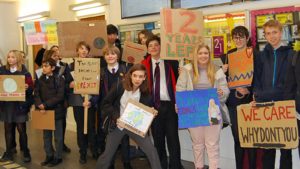
The conference hosted discussions and talks that draw attention to how we, as individuals, can truly make an impact. Co-Chair of the Environment Committee, Vivika Martini, says: “This environment conference aims to encourage schools to become platforms for pupils to lead the conversation on issues that affect our planet, engage and empower their communities and inspire change. I am thrilled to be part of this initiative and hope it becomes an annual, keystone event at Highgate continuing to inspire future pupils.”
Our resident environmental advocate and geography-teacher-extraordinaire Sarah Mynott speaks with determination and a sharp awareness of how integral education on sustainability can be; “As a Geography Teacher and environmentalist, I feel a huge responsibility to help educate young people about the climate and ecological crises that the world is only just beginning to fully acknowledge and face up to. It is also vital that we encourage and empower those young people to live more sustainable lives and take action to protect the natural world and all of human society who depend upon it.”
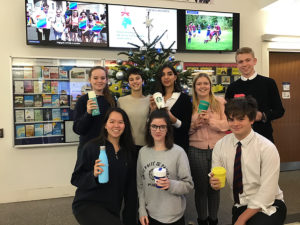
Sarah has been responsible for many environmental initiatives in the school, drawing attention to fast fashion and the student climate change strikes earlier in the year. “I feel so lucky to be working at a school where the pupil and staff bodies are on a genuine mission to make our school more environmentally sustainable, and we want to share this mission with our fellow local schools and communities as it is something we all need to pull together to achieve.” Whilst environmental sustainability is gradually taking more precedence in our lives, this conference is one of the first of its kind to put young people at the heart of it; ultimately being created by students, for students.
The students boast an impressive understanding of social obligation, independence and active participation that – in true Highgate form – goes above and beyond the classroom. Maryam Grassly, co-chair of the committee, says: “It’s so important that young people come together to learn more about environmental issues and share ideas about how to try tackle them, especially at the moment when there are so many pressing issues and so much at stake. It’s up to this generation to determine what will happen to our earth, and what humanity will have to deal with in the not too distant future. This conference is a small but important step in bringing people together, to build a community of young people all fighting for change. As Greta Thunberg says : ‘When we start to act, hope is everywhere. So instead of looking for hope – look for action. Then the hope will come.’ ”
Our head, Mr Adam Pettitt, believes firmly in this initiative: “Environmental sustainability isn’t just a young person’s issue, but the energy, passion and knowledge of the young generation will be crucial if we are to make the changes to our behaviour needed to halt and reverse climate change. I’m excited by our students’ programme: not only will they be equipped to stimulate change in their schools and communities; they will become articulate, persuasive advocates for change, and those who make decisions affecting their future will need to listen, and to act.”
